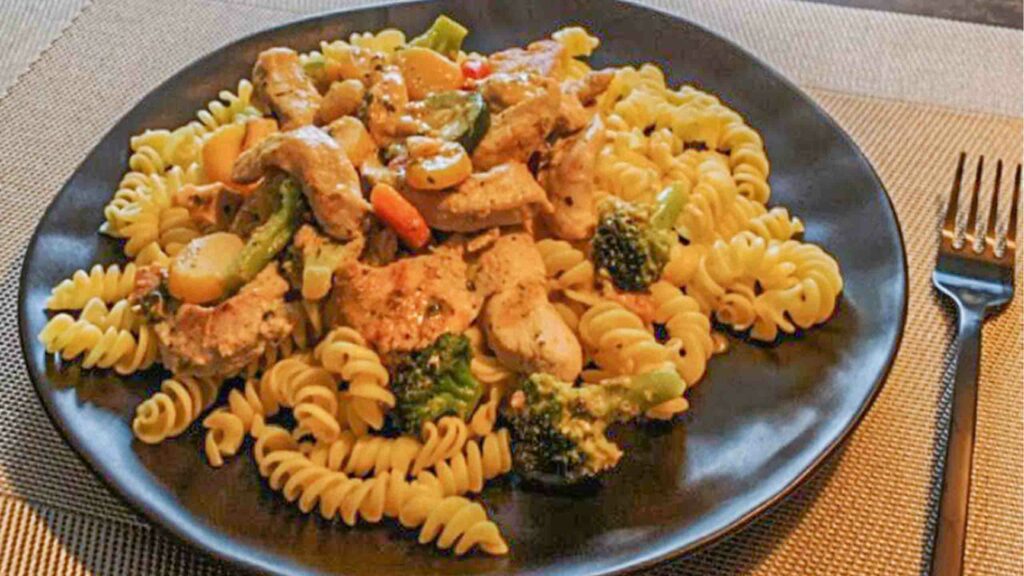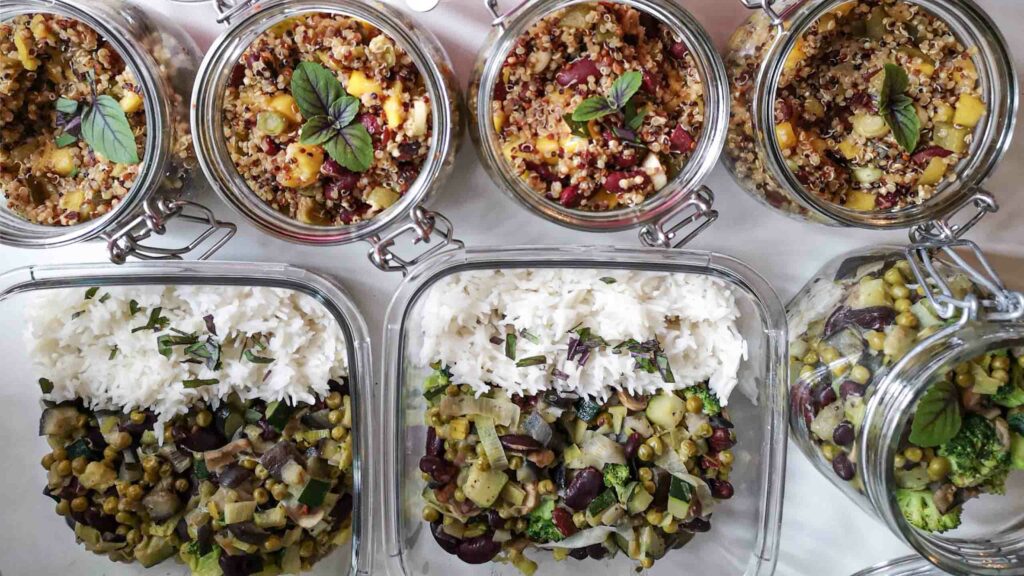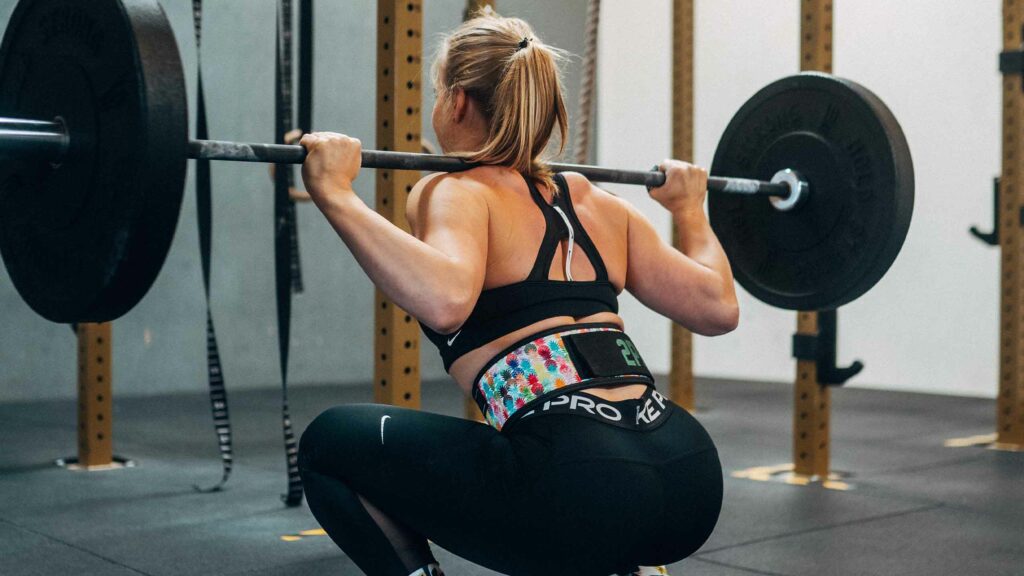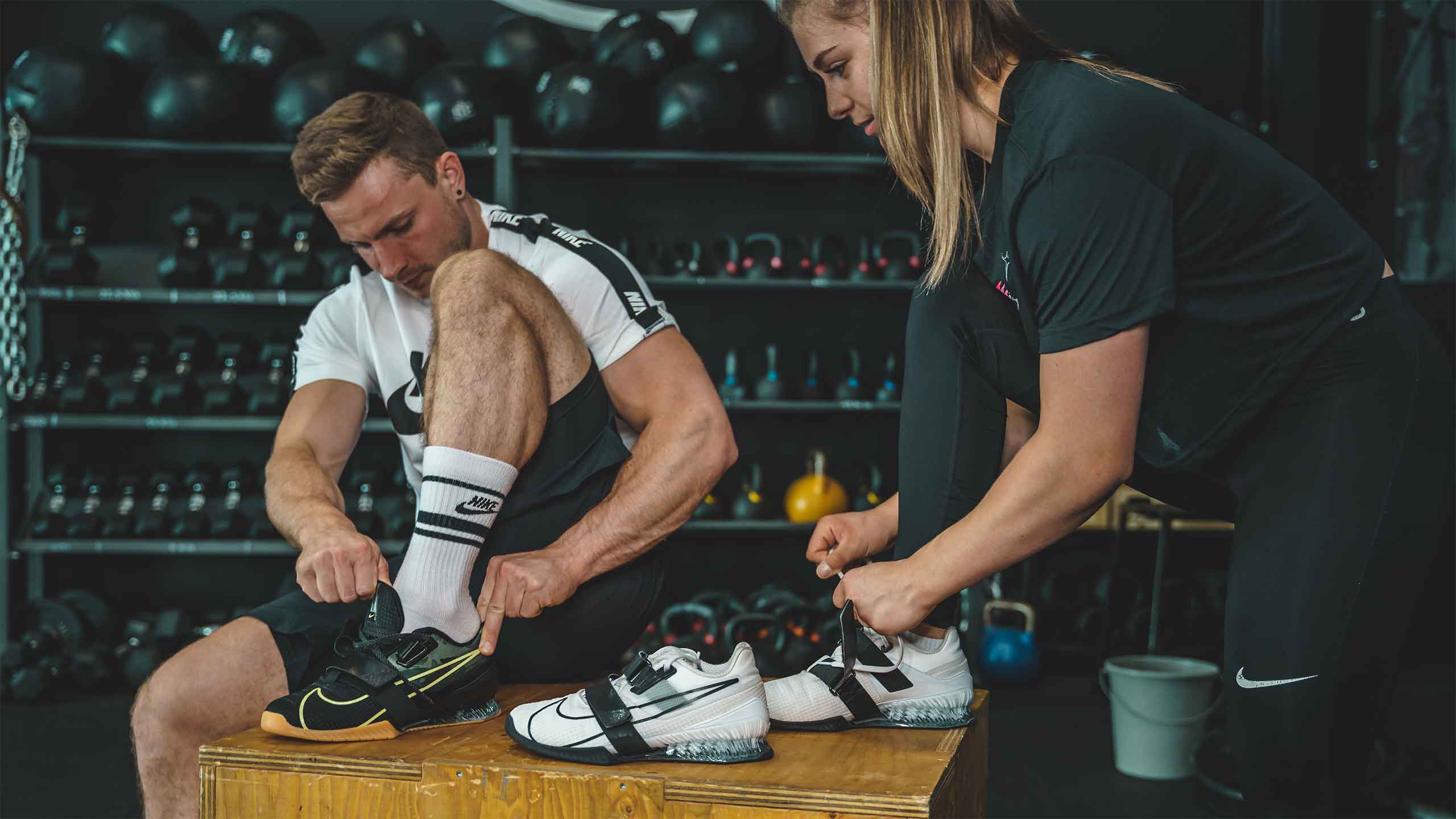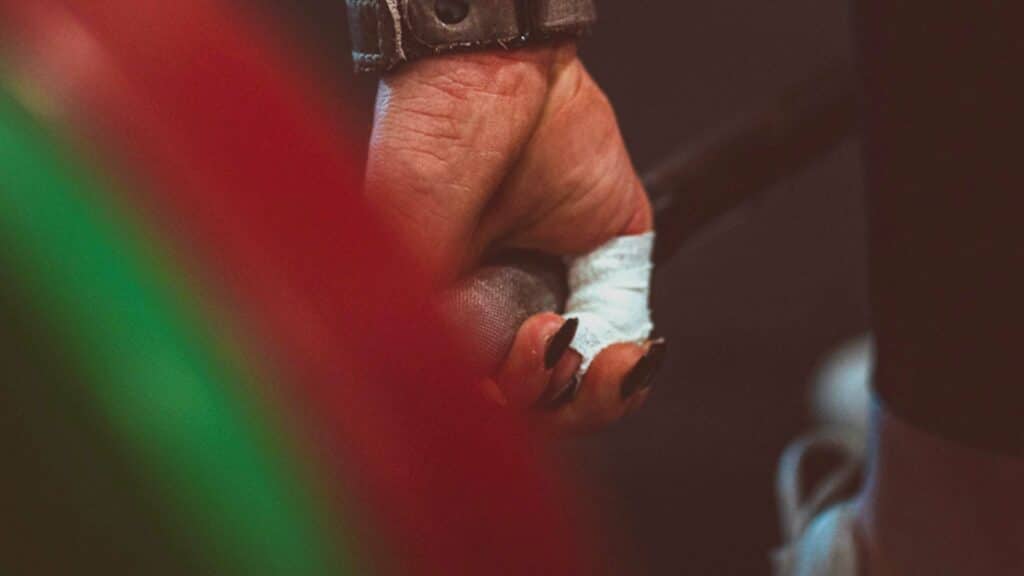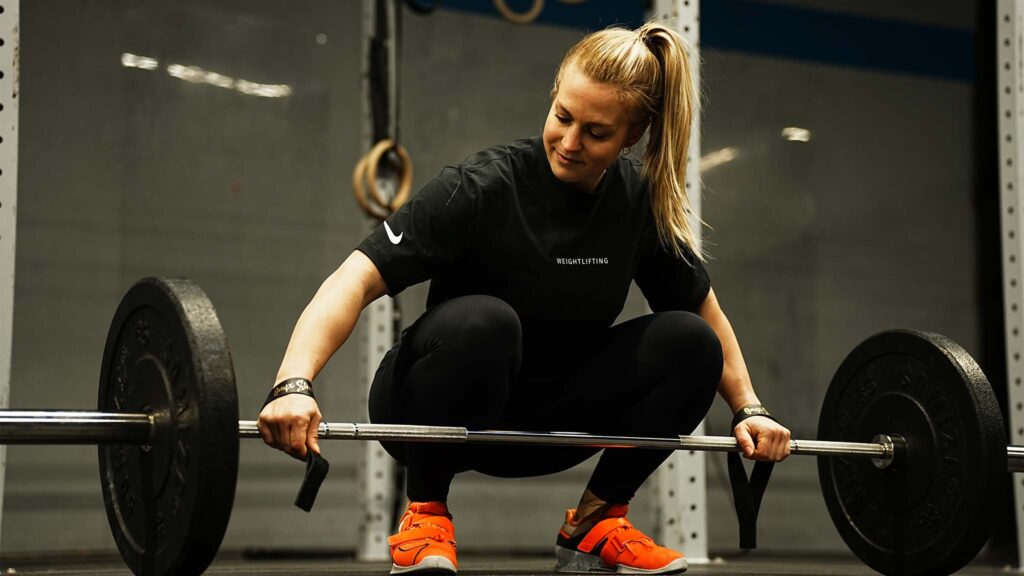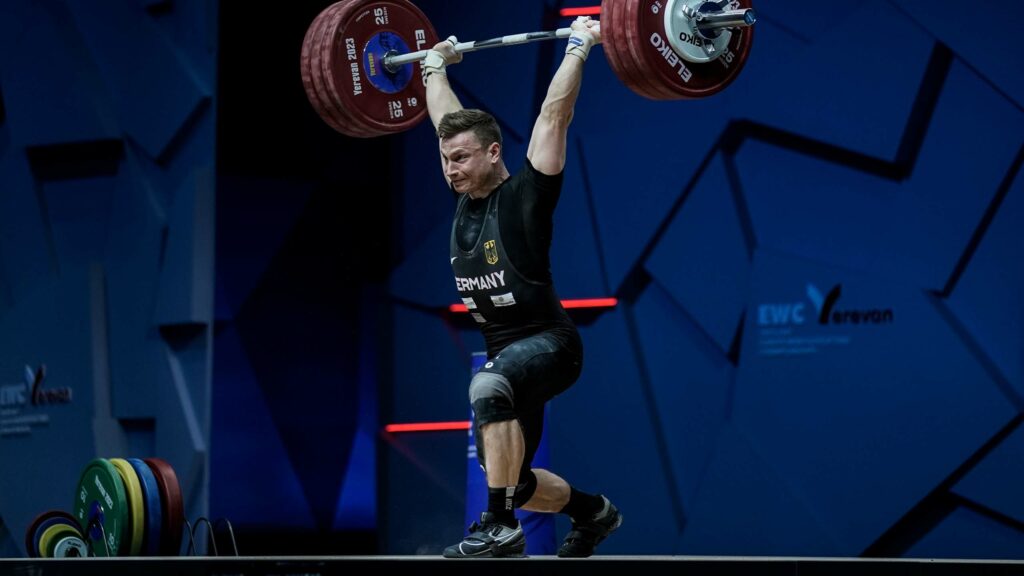With the current Corona situation, all weightlifters who tend to have a hard time making weight should be able to breathe easy. To be well prepared for your next weight cut, today’s blog post comes just in time – I will give you valuable tips for a successful weight-cut As always, though, I can only suggest to work with a coach/pro – in the days/weeks leading up to the competition, it’s easy to lose sight of the essential.
In my latest post you have already learned how to manipulate your weight right before competitions. – HOW TO CHOOSE THE RIGHT WEIGHT CATEGORY
Let us now turn to the decisive measures regarding successful planning.
[adrotate group=”5″]
Before weight cuts – long-term
Diet
„Where there is nothing, there is nothing to take away.“ – I hope, you remember.
So with a well-balanced diet, make sure your body gets enough energy in the form of unprocessed foods and lay the foundation to successfully perform a weight cut.
The forms of diet can vary, but probably the best option to start with is macro tracking. This will allow you to determine whether you need, e.g. more carbs or proteins and therefore, you can daily practice and calculate everything with the appropriate app.
How to track macros can be read here (only in German). In the long run, though, you should get a feeling for it and tend to intuitive eating. Of course, the percentage of fiber or vegetables and fruit should not be neglected – in the end this gives you more options (without having to make big cuts in calories) to lose a few grams on the scale.
Laying The Foundation For Weight Cuts
- Know your calories
- Fokus on unprocessed foods
- Don’t ban any foods
- Plan your diets longterm
- Take fibers like vegetables and legumes daily
Weight Trend
It should be the top priority to keep your body weight stable during builing phase as long as you are not in a long and well-planned weight loss phase. In addition to the hormonal and metabolic effects on the body during a diet, it is also important to pay attention to the mental and psychological stresses of cutting weight. Furthermore, coaches and athletes in weightlifting should strive to find a weight category that does not require large diets: More than two weight cuts are often necessary per season to reach competetion weight. Repeated weight cycling can often end in yo-yo dieting and athletes then have a higher starting weight than in the previous weight cut – thus the vicious cycle is born [1].
So choose a body weight that makes sense for long-term training and being an athlete – without mental breakdowns.
If you strive to cut weight or change the weight category, please be aware that long-term planning is hugely important. The higher the weight loss per week, the higher the risk of losing muscle mass. The focus should be on losing fat while maintaining muscle mass[2].
And this fact already limits a lot:
- A small weight loss per week: 0.7-1% per week
- An increased amount of protein: 2 – 2.4g/kg/day
- Adequate strength training
- Focus on sleep and regeneration
During The Weight Cut
Exercise
The urge to exercise can decrease tremendously during a diet. During workout, of course, you continue to move. However, you should be aware that all other activities in everyday life (walking, household, etc.) could be omitted and your calorie consumption will be lower. So actively try to stick to your routines or exercise besides training.
Sleep
Sleep is enormously important for two things: our regeneration and the relation to nutrition is also clear. Sleep deprivation in dieting can lead to increased loss of muscle mass/organ mass vs. body fat mass, but also for increased hunger throughout the day[3, 4]. Both are very strong arguments that can have an extremely negative impact on the course of a weight cut.
Make sure you have an evening routine that is perfect for you, setting the stage for a well-rested evening.
Control
Two things play a role here: Give up control (have a plan written) or know yourself 100% what you are going to eat in the last 1-2 weeks before the competition. Simply put, this means that you should prepare and cook as much as possible. So there are no hidden calories or carbs or salt, which can quickly make your body weight go up if you ever need to go out to eat.
REFERENCES
[1] L. Burke and V. Deakin, Clinical Sports Nutrition. Jane Roy, 2017.
[2] I. Garthe, T. Raastad, P. E. Refsnes, A. Koivisto, and J. Sundgot-Borgen, “Effect of two different weight-loss rates on body composition and strength and power-related performance in elite athletes,” (in eng), Int J Sport Nutr Exerc Metab, vol. 21, no. 2, pp. 97-104, Apr 2011, doi: 10.1123/ijsnem.21.2.97.
[3] J. L. Broussard et al., “Elevated ghrelin predicts food intake during experimental sleep restriction,” (in eng), Obesity (Silver Spring), vol. 24, no. 1, pp. 132-8, Jan 2016, doi: 10.1002/oby.21321.
[4] A. V. Nedeltcheva, J. M. Kilkus, J. Imperial, D. A. Schoeller, and P. D. Penev, “Insufficient sleep undermines dietary efforts to reduce adiposity,” (in eng), Ann Intern Med, vol. 153, no. 7, pp. 435-41, Oct 5 2010, doi: 10.7326/0003-4819-153-7-201010050-00006.







